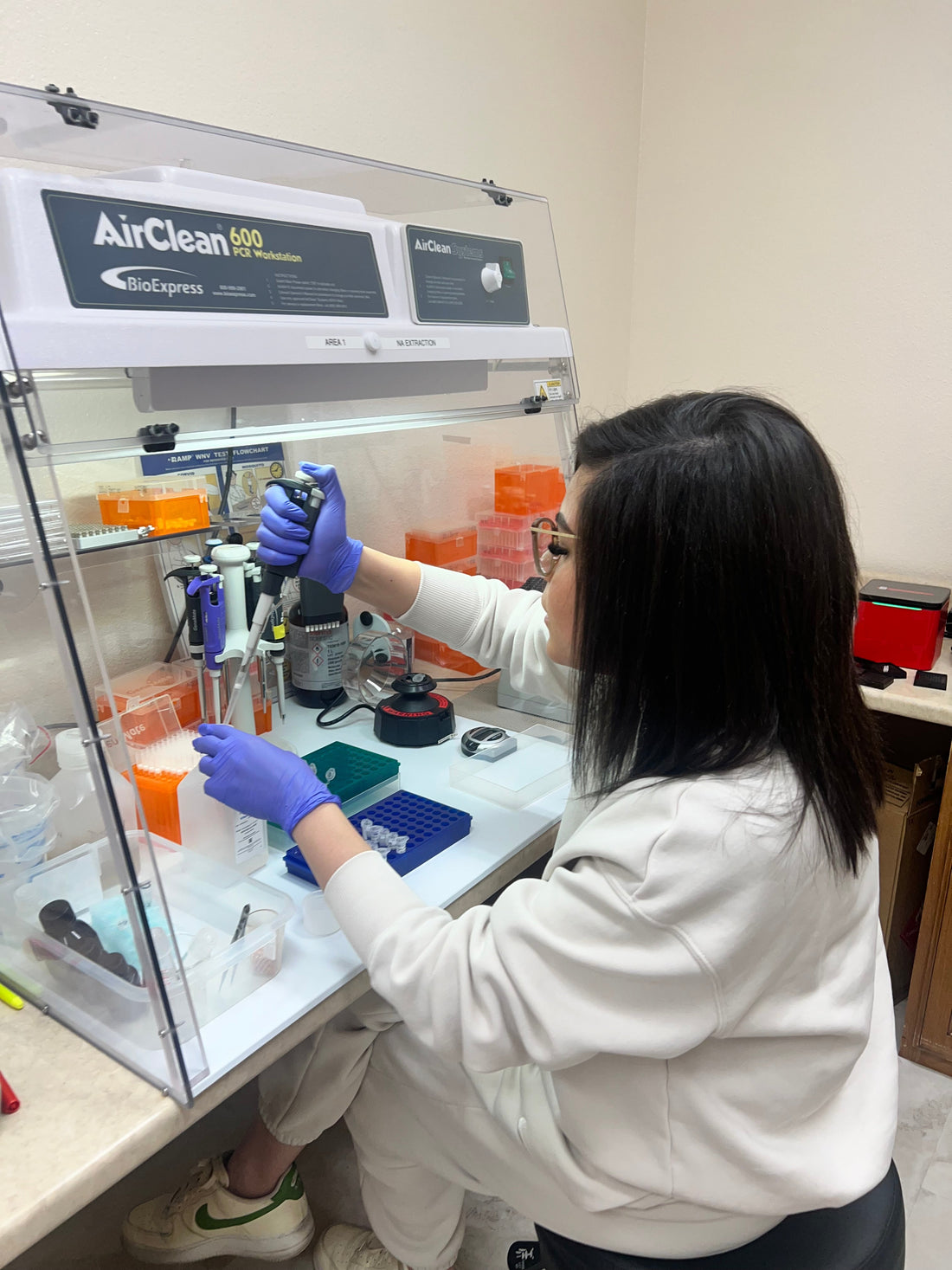West Nile Virus (WNV) is a potentially serious illness transmitted to humans through the bite of infected mosquitoes. Testing for WNV is crucial for early detection and treatment. But how exactly is this virus tested using DNA?
What is the DNA test for West Nile Virus?
The most common method for testing West Nile Virus is through a process called polymerase chain reaction (PCR) testing. This test detects the genetic material of the virus in a patient's blood, cerebrospinal fluid, or tissue samples. By identifying the specific DNA of the virus, healthcare professionals can confirm the presence of WNV in a patient.
How does PCR testing work?
PCR testing works by amplifying a small amount of DNA into a larger, more detectable amount. This process allows for the rapid and accurate detection of the genetic material of the virus. By targeting specific regions of the WNV genome, PCR testing can provide a definitive diagnosis in a timely manner.
Why is DNA testing important for West Nile Virus?
DNA testing is crucial for the accurate diagnosis of West Nile Virus because it can differentiate between WNV and other similar illnesses. This specificity is essential for providing the appropriate treatment and care for patients infected with the virus. Additionally, PCR testing is highly sensitive, allowing for the detection of WNV even in the early stages of infection.
What are the benefits of DNA testing for West Nile Virus?
PCR testing offers several advantages in the diagnosis of West Nile Virus. It provides rapid results, allowing healthcare providers to initiate treatment promptly. Additionally, PCR testing is highly accurate, reducing the risk of false positives or negatives. This precision is essential for guiding patient care and public health interventions.
Overall, DNA testing plays a critical role in the detection and diagnosis of West Nile Virus. By utilizing PCR testing to identify the genetic material of the virus, healthcare professionals can effectively manage cases of WNV and prevent further transmission. Understanding the process of DNA testing for WNV is essential for ensuring timely and accurate diagnosis of this potentially serious illness.

